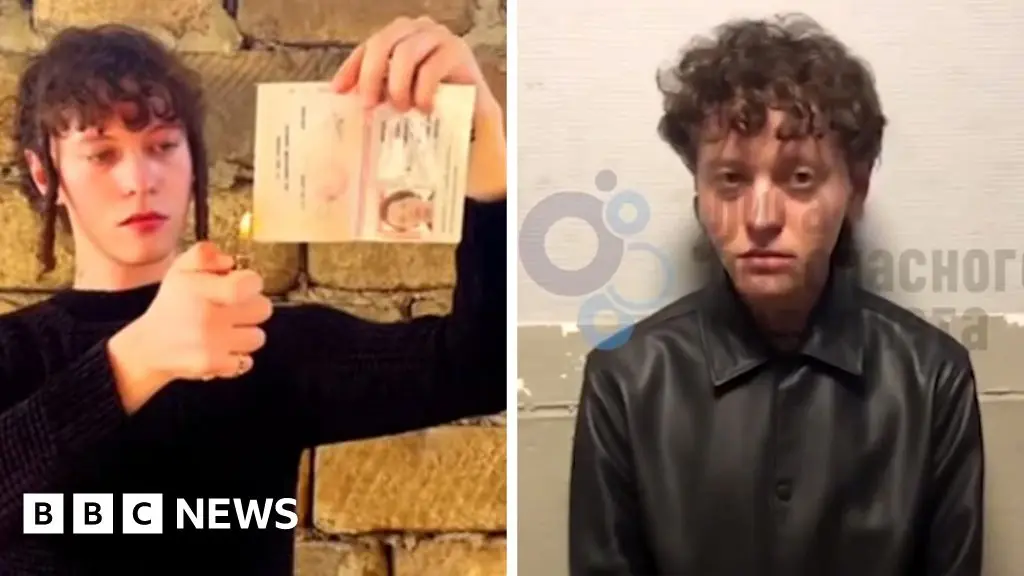- cross-posted to:
- news
- europe@feddit.de
- cross-posted to:
- news
- europe@feddit.de
One woman in Crimea was shown apologising for sharing Ukrainian songs on her social media accounts and another for posting pictures of various objects in the blue-and-yellow colours of the Ukrainian flag.
A puppet theatre actress from occupied Donetsk who was shown saying sorry for sharing Ukrainian songs on TikTok said later she had been pressured into doing it by the police.
“Either you record this video or… you’re going to jail and your child is going to an orphanage,” she quoted a police officer as saying.

They want to let others russians know, that you will be publicly humiliated if you form your own ideas about the war. Deviationist will be put at the pillory. It is a century old tool of every authoritarian regime. It is from the same handwriting that orchestrated public murders of high profile entities, to let others know how dissenters will be judged by the corrupted reigns of russia.
They hate when people form their own opinions about things. Or even worst: Telling others about it. How can a society work on these grounds, where deviating ideas are supressed and only the official narrative is the only allowed way to think. When has a system/society like that ever resulted in a good outcome? I would reckon: never. A system like that is prone to fail at some point.
This is the best summary I could come up with:
The trend initially came to prominence in 2015, when apology clips started emerging on social media or local state TV in the Russian republic of Chechnya in the North Caucasus.
In one from the interior ministry in Karachay-Cherkessia, a man apologised for snowboarding down a mountain slope sporting nothing but a thong, similar to that worn by the comedy character Borat.
In another example, the interior ministry in Chuvashia, a region about 600km (373 miles) east of Moscow, posted a video of a man apologising for defacing pro-war graffiti.
Other videos posted by Russian police feature men repenting for offences such as trying to topple a monument in the shape of the letter Z, which has come to symbolise Russia’s war, and setting fire to a pro-war blogger’s door.
The apology video, released via official news agency Ria Novosti, was posted after he recorded a clip parodying a Russian soldier defending himself from a Ukrainian drone attack.
Two-thirds of the apology videos monitored by Russian human rights website OVD-Info over a period of almost 16 months after the start of the invasion actually came from the occupied region of Crimea.
The original article contains 836 words, the summary contains 190 words. Saved 77%. I’m a bot and I’m open source!


